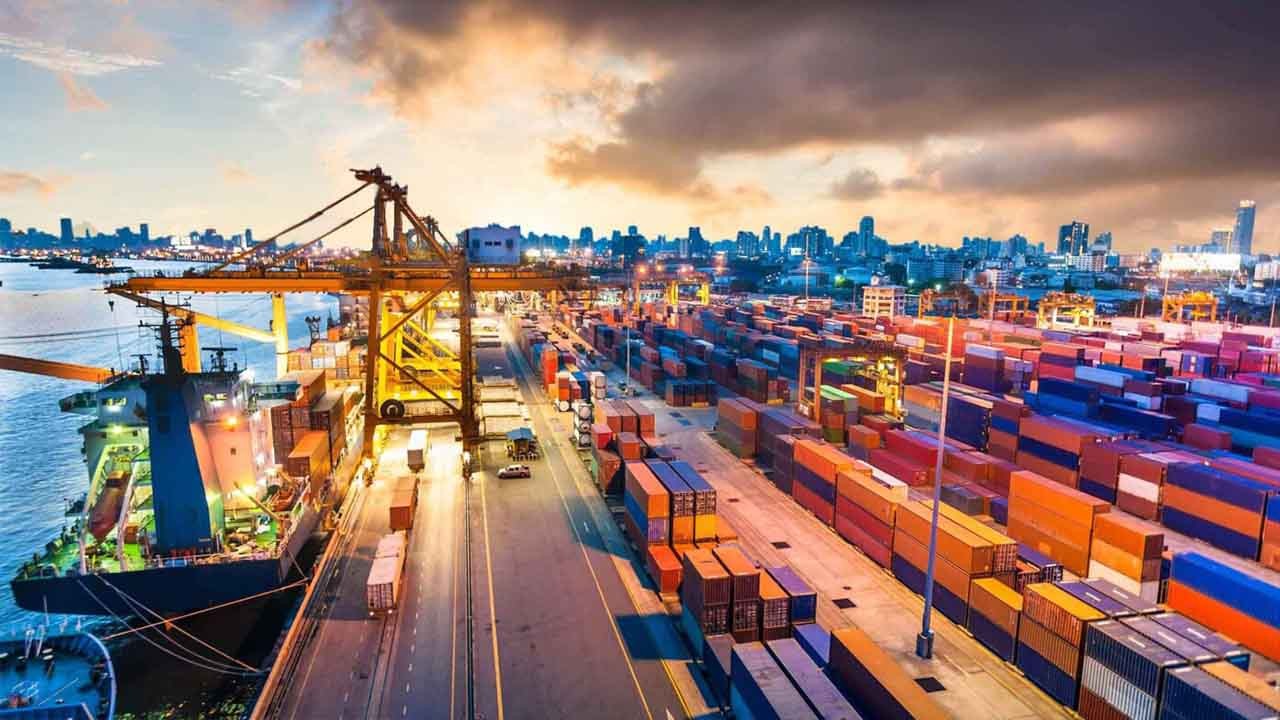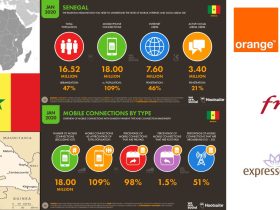
Bahrain’s main exported goods
Bahrain, a small but strategically located island nation in the Persian Gulf, is known for its diverse and growing economy, with a strong emphasis on exports. While its economy was historically reliant on oil, Bahrain has diversified its industries in recent decades. Below are the main goods that Bahrain exports, shaping its trade landscape and contributing significantly to its economy.
### 1. **Petroleum and Petroleum Products**
Bahrain’s economy still relies heavily on oil and natural gas exports, despite efforts to diversify. Crude oil and refined petroleum products like gasoline and diesel remain the backbone of Bahrain’s export market. The country’s oil is mainly exported to regional and international partners. While Bahrain’s oil reserves are modest compared to its neighbors, it benefits from its participation in regional oil production agreements and refining capacities. The Bapco refinery is one of the largest in the region, refining oil from Saudi Arabia’s fields, with the processed products sent overseas. Oil products contribute over 60% of Bahrain’s total export earnings.
### 2. **Aluminum**
Bahrain is a major player in the global aluminum industry. The country is home to Alba, one of the world’s largest aluminum smelters, producing high-quality aluminum used in construction, automotive, packaging, and aerospace industries. Aluminum is the second most important export for Bahrain, contributing significantly to the nation’s non-oil revenues. The country exports aluminum products such as ingots, slabs, and rolled aluminum to international markets, including the United States, Europe, and Asia.
### 3. **Natural Gas**
Apart from oil, Bahrain has significant natural gas reserves, which are utilized for domestic energy needs and exported in the form of liquefied natural gas (LNG). The availability of natural gas also supports Bahrain’s industrial sector, including power generation, petrochemicals, and aluminum smelting. Some of the gas produced is sold to neighboring Gulf countries, contributing to Bahrain’s energy export revenues.
### 4. **Petrochemicals**
Bahrain has a growing petrochemical industry, producing goods such as fertilizers, plastics, and other chemical products derived from its oil and gas reserves. Petrochemicals represent a major non-oil segment of Bahrain’s exports, driven by the increasing global demand for plastics and chemical products. The petrochemical sector in Bahrain benefits from the availability of natural gas, which is used as a feedstock for producing various chemicals and synthetic materials.
### 5. **Financial Services**
Although not a tangible product, Bahrain’s financial services sector plays a key role in its export economy, especially in terms of services exports. The country has a well-established banking and finance industry, acting as a regional hub for Islamic banking and finance. Bahrain’s strategic location and regulatory framework make it an attractive center for financial institutions, which offer services to international markets, including asset management, insurance, and investment services.
### 6. **Textiles and Clothing**
Bahrain’s garment and textile industry, though small, contributes to the nation’s exports. The industry benefits from the country’s trade agreements, particularly with the United States, under the U.S.-Bahrain Free Trade Agreement. Bahrain exports textiles and clothing to various countries, providing a source of employment and revenue for the local economy.
### 7. **Machinery and Equipment**
Bahrain also exports machinery and equipment, particularly to regional markets. These include manufacturing machinery, electrical appliances, and other types of industrial equipment. Bahrain’s efforts to diversify its industrial base have led to increased production and export of such goods, especially to neighboring Gulf Cooperation Council (GCC) countries.
### 8. **Jewelry and Precious Metals**
Bahrain is known for its high-quality gold and pearl jewelry. The kingdom has a long history of pearl diving and jewelry crafting, which remains a culturally significant and economically important industry. Jewelry made from gold, pearls, and other precious metals are exported to high-demand markets in the Middle East, Europe, and Asia.
### 9. **Food Products**
While Bahrain imports most of its food due to limited agricultural capacity, it also exports certain food products, especially processed foods. The export of food items such as processed fish, beverages, and confectionery products has increased, particularly to neighboring countries in the GCC and beyond.
### Conclusion
Bahrain’s exports showcase its ongoing efforts to diversify away from oil dependence while leveraging its natural resources. Petroleum and aluminum dominate, but industries like petrochemicals, financial services, textiles, machinery, and jewelry contribute to the country’s overall export portfolio. As Bahrain continues to modernize and adapt to global economic changes, it is expected to broaden its export base further in the coming years.



Leave a Reply